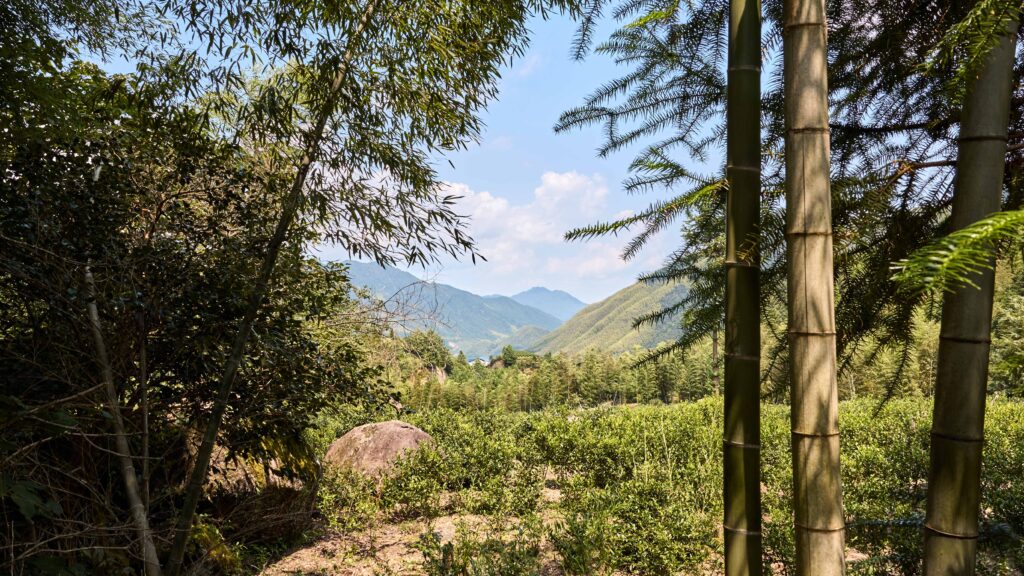My observations tell me that the Chinese government often prefers to shift from unregulated to regulated practices in a ‘one-size-fits-all’ manner. I observed similar things in Yanshan.
The first issue is the land distribution among local tea growers. In the 1970s and 1980s, tea growers could freely reclaim land. The amount of land they cultivated for tea became their property. Diligence was the primary determinant of land distribution.

However, by the late 1990s, following the nationwide land reform, the ownership of tea tree lands in Yanshan underwent more detailed changes. Many lands’ usage rights had to be applied for with the government, along with associated fees. In 2016, with the establishment of the Wuyi Mountain National Park, the nature of the land underwent subtle changes again, making new land reclamation even more challenging.
Such drastic changes inevitably caused disparities in land size among each tea-growing household and in land-use fees among generations of tea growers. Each transition in land-use conditions was almost instantaneously implemented.
Another issue is the preservation of houses in the ancient town of Hekou.
Hekou, being an ancient town, has a long history, and so do its houses. The local government once aimed to renovate these old houses into a new tourist area. A few years ago, residents still living there were relocated with economic compensation.
However, three years after the pandemic, the ancient town is nearly deserted, with only a few residents remaining. The old houses, instead of being renovated, have become potentially dangerous ruins. Why hasn’t the government acted? Locals told me it’s due to financial difficulties.

Why evict residents who could have maintained the houses themselves, knowing there were financial difficulties? The residents said that the wear and tear on houses from natural use is far less than from being left idle. Infinite idleness significantly damages the houses. Now, if the government wishes to undertake mass maintenance, it faces greater challenges.
Both of these decisions were made instantaneously. The Chinese government often prefers ‘one-size-fits-all’ approaches in decision-making. However, is this reasonable, and does it serve the broader interests of the people?
